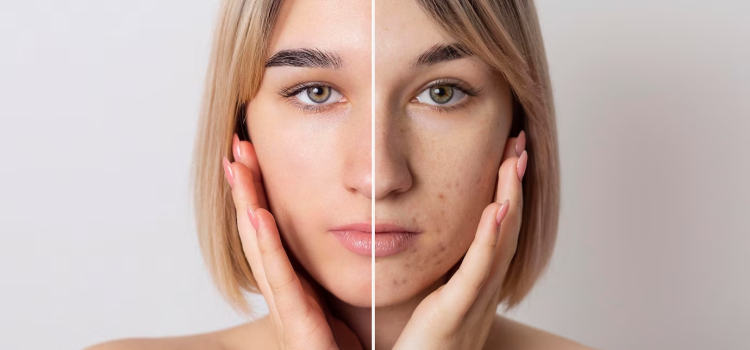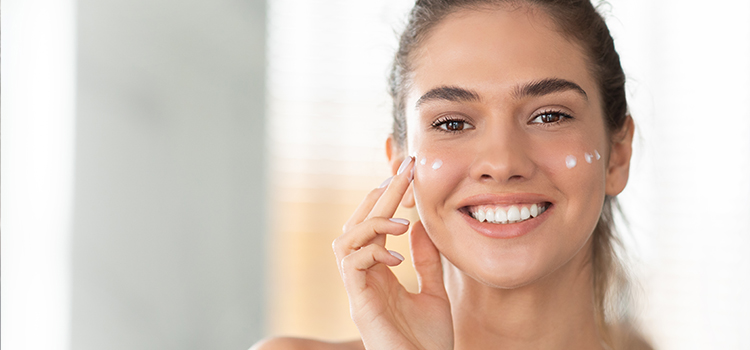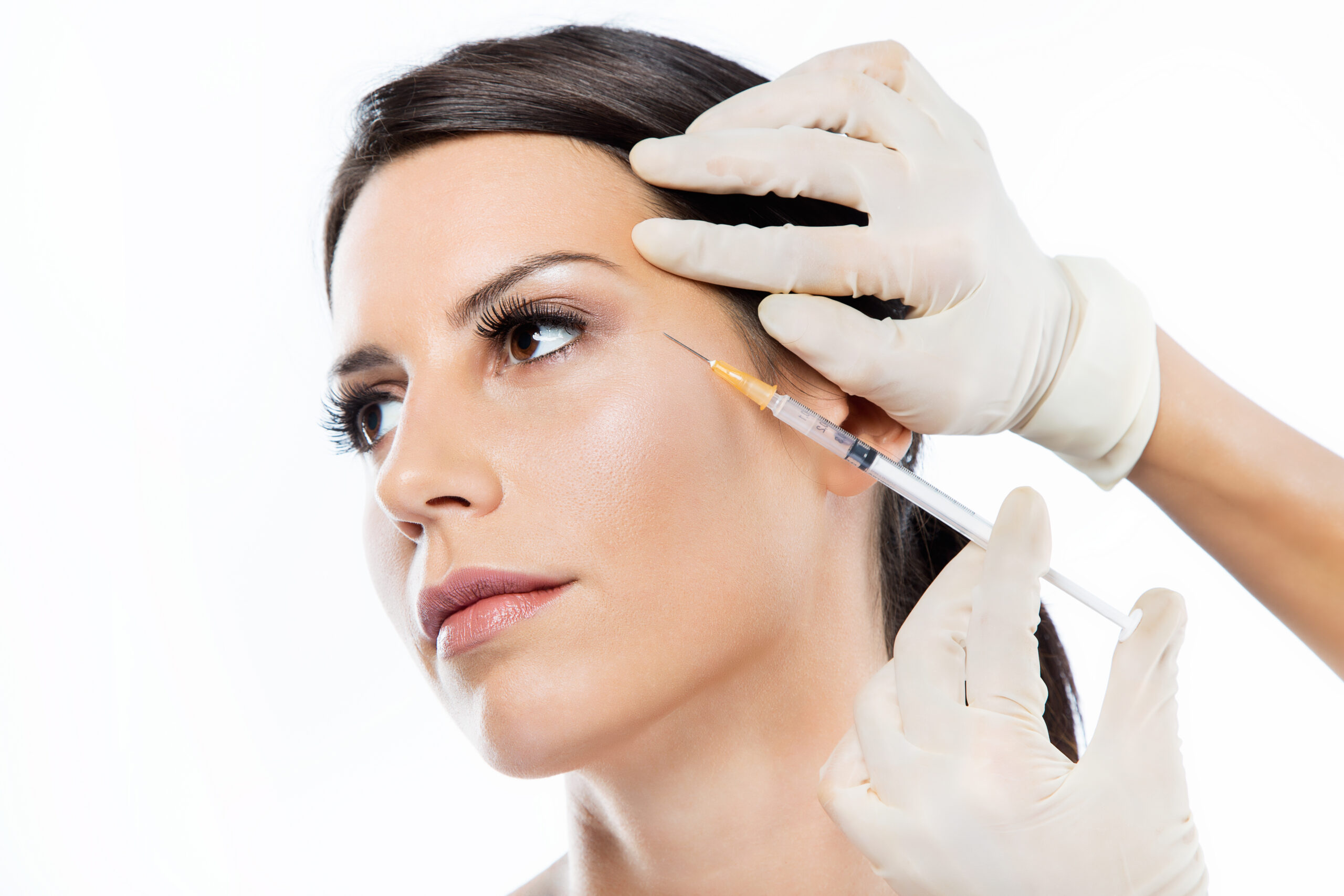Nutrition is thought to play an important role in skin homeostasis. Recent years have witnessed a growing enthusiasm for “beauty foods” and their derivatives, owing to their non‐invasive nature, ease of consumption, and fair effectiveness in skin rejuvenation. One among these is oral collagen, a super beauty food with numerous skin benefits including anti-aging.
What is collagen?
Collagen is main structural protein in human. There are 3 kinds of Collagen in our body – Type 1 collagen is found in skin, hair and nails. Type 2 Collagen is found in cartilage. Type 3 collagen is found in bone, teeth and muscle.
What is the significance of oral collagen?
Although, our body can produce its own collagen, this ability slows down with age. Aging induces a decline in the enzymes involved in processing of collagen, reducing the number of fibroblasts that synthesize collagen and vessels that supply nutrition to the skin. This decline in new collagen formation capacity of skin leads to the regressive changes with age such as dehydration, a loss of elasticity, formation of wrinkles, and reduction in thickness.
How oral collagen works?
Collagen is ultimately a protein that gets broken down and digested in the gut, before it can reach tissues and replace age-related collagen loss. Collagen peptides are derived from collagen through a process known as enzymatic hydrolysis. This process breaks down large collagen molecules into smaller peptides. The resulting peptides typically contain a mix of amino acids, including glycine, proline, and hydroxyproline, which are vital for maintaining the health of connective tissues, known as hydrolyzed collagen peptides.
Hydrolyzed collagen peptides have a significantly enhanced bioavailability due to their low molecular weight, which allows for rapid digestion and absorption in the gastrointestinal tract. As a result, amino acids are efficiently delivered to target tissues like the skin, joints, bones, and other connective tissues. In skin, collagen peptides have been shown to improve skin health by enhancing hydration, elasticity, and firmness, while reducing the appearance of wrinkles and fine lines. Research indicates that collagen supplementation can boost collagen production in the skin, helping to restore its youthful appearance and promote overall skin vitality.
What are the different sources of oral collagen?
Collagen peptides can be obtained from various sources, both animal and marine. The most commonly used sources include:
Bovine (Cattle): Known for its high collagen content, particularly in bones and skin.
Porcine (Pigs): Provides a similar amino acid profile to bovine collagen, often used in supplements.
Chicken: Rich in type II collagen, particularly beneficial for joint health.
Fish (Marine Collagen): Derived from fish skin, scales, or bones, and often considered superior due to its higher bioavailability and lower molecular weight.
Each source offers a slightly different amino acid profile, but all provide essential nutrients for improving skin elasticity, joint function, and overall health.
What is the effective dose of oral collagen?
Hydrolysed collagen (HC), the most effective type of oral collagen, is generally available in capsule or powder form, which can be added to drinks, soups, and even other foods. Research shows a safe and effective dose for skin rejuvenation is 300 mg to 5 grams of HC peptides daily. Collagen preparations can be combined with other active ingredients. HC will provide benefits if consumed for more than four weeks.
What are the adverse effects of oral collagen?
Collagen is a safe, non-toxic daily supplement for healthy individuals, and most people will not experience adverse side effects. However, some people report symptoms, such as an unpleasant taste or other stomach complaints. Although rare, people can be allergic to the source of collagen they consume.
In conclusion, oral collagen has been proven their efficacy in improving skin quality and providing anti-aging results in many clinical studies and are absolutely safe without much side effects.






